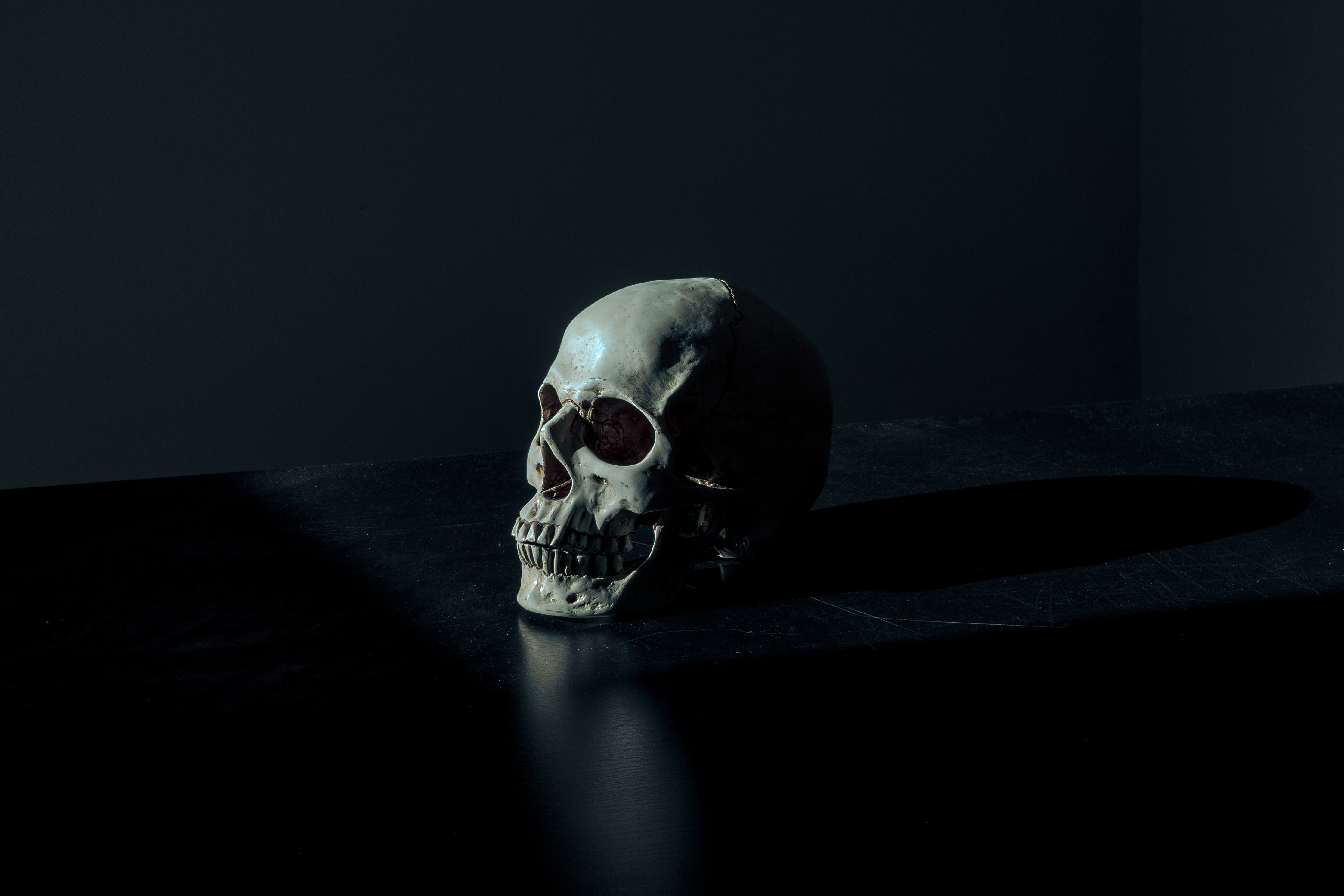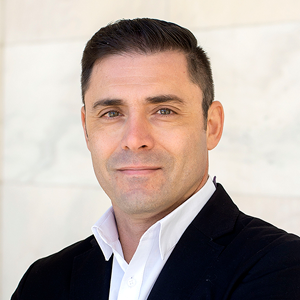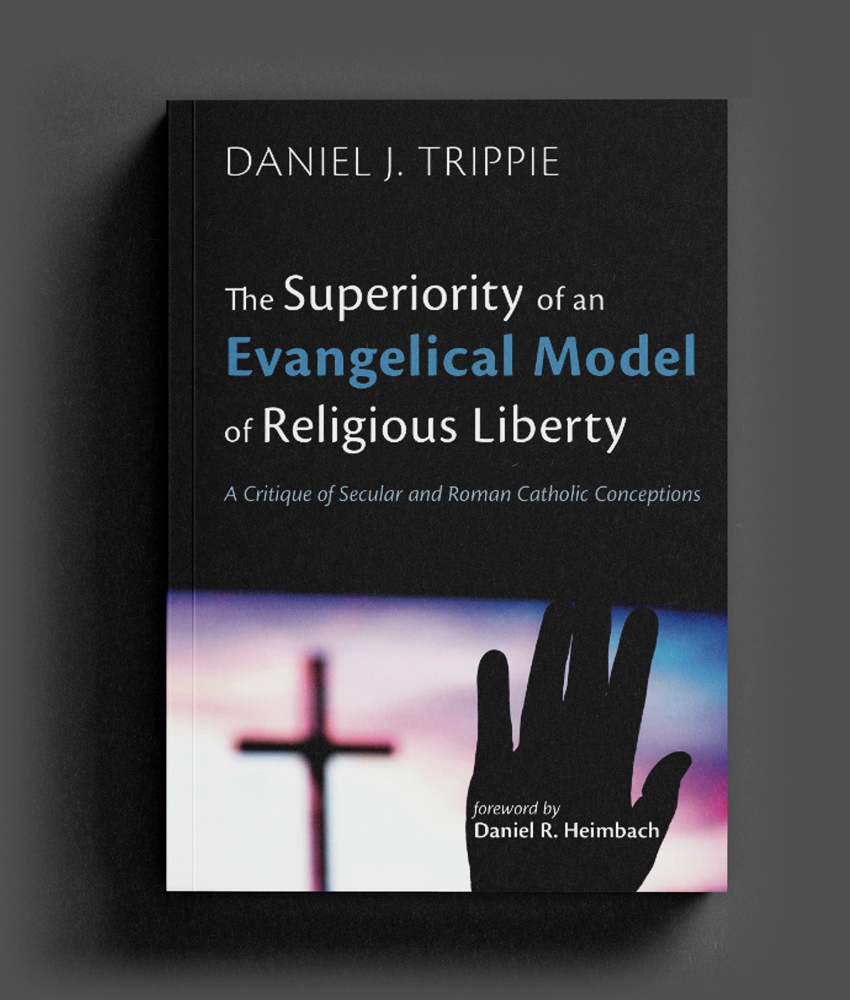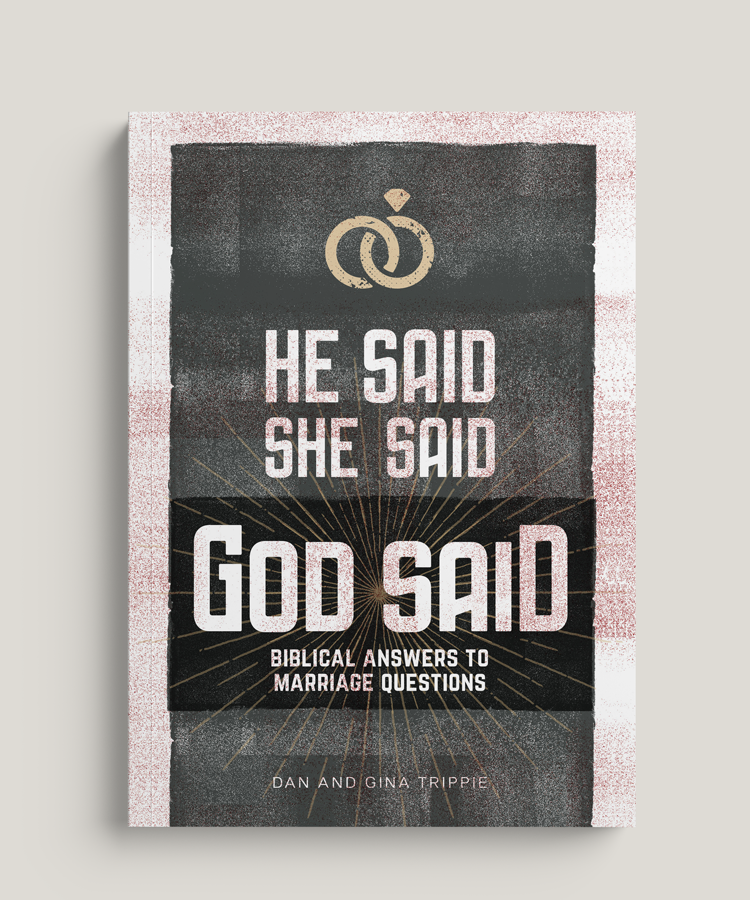New York seeks a world in which all of us have the best death possible, consistent with our own wishes and values.[1]
Medical aid in dying is commensurate with the Family Physician’s desire to empower our patients not only in their pursuit of wellness, their management of chronic disease, but also the alleviation of suffering when faced with a terminal illness.[2]
Decisions had to be made. He was a proud man, active and strong. He would not have wanted to live like this. What is his quality of life? How can we afford his care? How will we care for him? These were only a fraction of the questions that raced through our minds as dad lay unconscious.
End of life decisions are not vague abstractions for my family. Within a thirty-six month period we were confronted with the death of two parents – both suffering from illness. We all had to decide how they would handle suffering. Therefore, as I consider the arguments for the Death with Dignity legislation I do not approach this as spectator in the cheap seats. I have been up close to end of life decisions.
Nobody wants to suffer, and nobody wants to watch a loved one suffer. Amidst all of the joy and beauty in life, suffering is a sober reminder that the world is broken.
Nevertheless, the Death with Dignity movement is troubling for several reasons. First, death is not dignified; it is dehumanizing, and this is why death is such a haunting enemy. Death changes the state of the human body – the body releases fluids, all movement stops, and the flesh decomposes. Death is ugly and there is nothing humans can do to change this.
I have seen death firsthand in multiple venues. I have watched people die quietly in hospital beds, and I have watched them die peacefully in their own home. I have been up close to a violent death at a public shopping center, and I have seen people die in auto-accidents. There is nothing dignified about death, regardless of the circumstance.
The second concern in the Death with Dignity legislation is that it assumes that humans can dictate the terms of our own suffering. The German philosopher Friedrich Nietzsche argues that the ultimate act of humanity is the power to create. According to Nietzschean philosophy, the power to create is interwoven with the power of choice. In his worldview, human dignity and value are entwined with one’s ability to make choices. It is no wonder Nietzsche concluded that God is dead. If individual choice is transcendent, then there is no need for a transcendent God. Consequently, the power of individual choice takes on God-like qualities.
The argument for Death with Dignity possesses several concealed problems. First, when individual choice takes on transcendent-like qualities, what criteria are used to determine suffering? For instance, if someone struggles with depression, anxiety, or fear of big pink elephants, might they not be able to choose death to escape suffering? I have counseled many people who would do anything to get out of the black cloud of depression. Of course, I realize that this legislation (for now) only applies to terminal illness. But if the premise is based on one’s individual choice and their autonomy to decide how they will suffer, how can we infringe upon one’s choice to stop suffering of any form?
Others will contend that the family physician and the state will determine what suffering qualifies for terminating life. But does this not undermine the entire concept of individual choice itself? If the final decision lies in the hands of the family physician, then how does the individual have the power of choice? One’s doctor (or worse yet, the state!) is the final arbiter. Moreover, what if prescribing a death pill violates the religious conscience of the doctor? Will doctors be coerced to take one’s life because the patient demands it? Placing the decision of who lives and who dies in the hands of humans is always a treacherous endeavor.
Furthermore, Death with Dignity romanticizes death. When death is perceived as an escape from life suffering we promote a society that diminishes life. Our culture already has an unhealthy fascination with death. Death consumes our video games, television screens, and music. Our fascination with death has become so normalized that we can watch the metamorphosis of the language of suffering in this legislation. It was once called Doctor Assisted Suicide, then it progressed to Right to Die, and now the language takes on a more positive and upbeat tone in Death with Dignity. A society that idolizes radical autonomy and death sets itself up to slide the scales of life and death toward unthinkable horrors.
To be clear, the Death with Dignity legislation purposed is not the same as ending treatment when a person is terminally ill. There may come a point in our lives when it is painfully clear that using extraordinary means to forestall death is futile. When a person no longer chooses to accept treatment, they are not actively taking their life, they are merely accepting the natural process, and this process is one that will inevitably come to all of us.
However, the goal of the Death with Dignity legislation is to allow people to calculate and control the timing and conditions of their own death. And this is quite different than ending a treatment plan when it no longer can provide hope for life. There is a vast difference between allowing nature to take over and actively reaching for godlike actions.
End of life decisions are emotional, complex, and sorrowful. While technology has done wonders to extend life and improve our quality of life, it has also complicated the process of ending life. I hope our elected officials will not make this decision based on pragmatism and politics. Instead, I pray they will consider a vision that promotes life across all spectrums of society.










2 Replies to “The Right to Die”
I will say this is a well thought out article and clearly written with the voice of compassion and reverence. There is no Dignity in Dying that has been evident time and time agin throughout the ages. When life ends, no matter what your belief is, it ends. All we can do, or possibly do, is make our wishes known to loved ones so that when the time comes we suffer as little as possible; if this is within our power. However, if you believe in a higher power, then euthanasia in any form, either by your hand, assisted, or by the hand of a loved one, this always becomes problematic as you/they grapple with a spiritual conscience, assuming there is a belief in a higher power. All any of us can do when it comes to our time is keep our beliefs in check and trust the higher power will guide those around us with knowledge and acts of kindness. As New York endeavors to “help” the people with a gentle and kinder way through our end of life process, I will pray for Devine guidance for its leaders. I’ve been a Hospice Nurse and I know only too well, how this struggle is for families and their loved ones.
Thank you for your work with Hospice. Hospice was terrific as we walked through those difficult days.